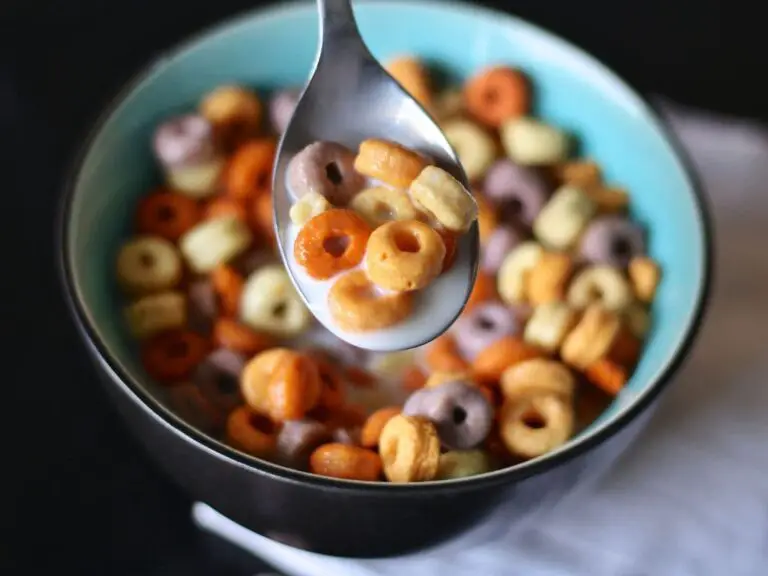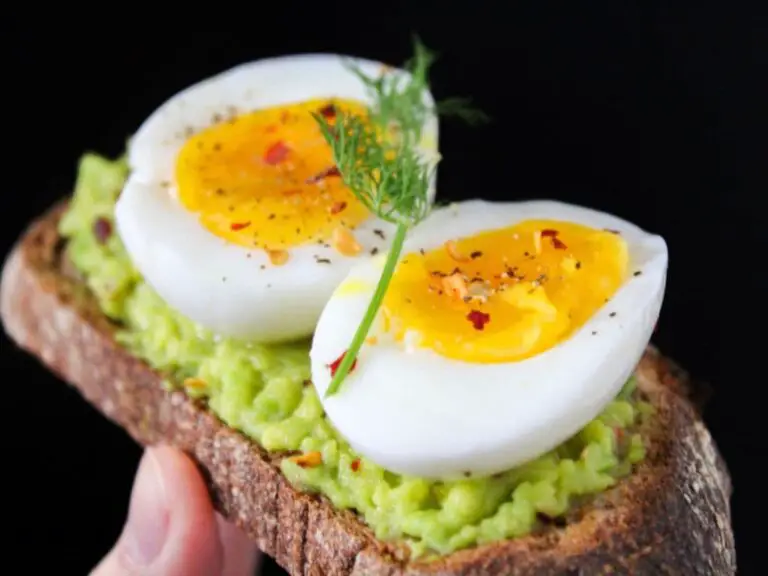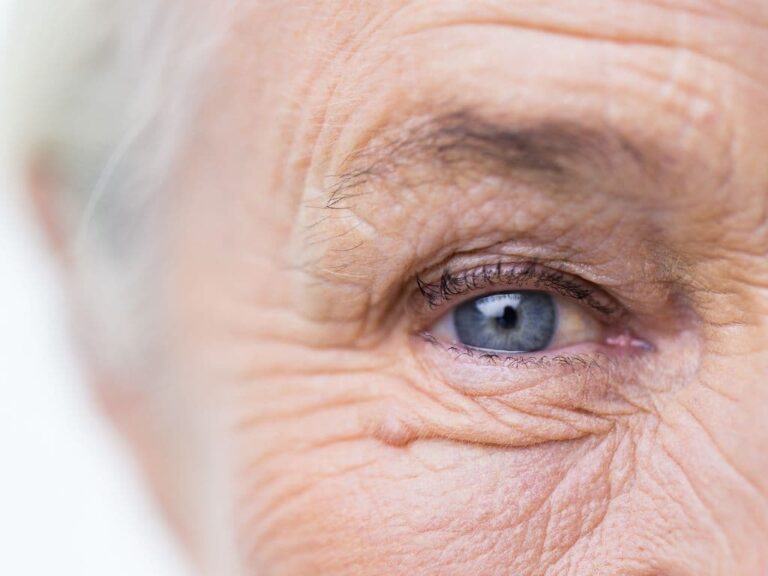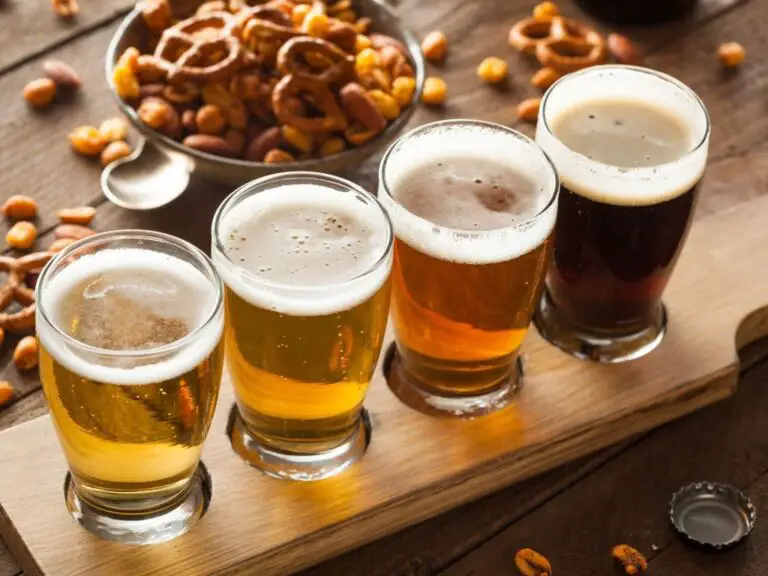Is Bacon Good for Building Muscle?
Eating the right foods is critical for building lean muscle mass. Bodybuilders and fitness enthusiasts want to know if bacon should be part of their high-protein diet.
Is bacon good for muscle growth? Bacon contains protein, essential for muscle growth, but it’s not a high-quality source compared to lean meats due to its fat-to-protein ratio. It’s also high in sodium and saturated fats, which can negatively impact heart health. Therefore, while bacon can contribute to muscle growth, it should be consumed in moderation alongside healthier protein sources.
Here’s a detailed look at the pros and cons of eating bacon for muscle growth.

How Does Bacon Contribute to Muscle Building?
Bacon contains protein, which is the most important macronutrient for building muscle. Without enough protein intake, your body will break down existing muscle tissue instead of building new muscle.
Protein Content in Bacon
Two slices of cooked bacon contain around 6-8 grams of protein. The exact amount varies depending on the cut and cooking method.
While bacon does provide protein, it is not considered a high-quality source compared to lean meats like chicken breast or fish. Those options have a better protein-to-fat ratio.
How Much Protein Do You Need to Eat Per Day to Build Muscle?
Most experts recommend eating 0.5-0.8 grams of protein per pound of body weight if your goal is to build lean muscle mass. This equates to 90-140 grams of protein for a 180-pound person.
It would be challenging to get all of your daily protein needs from bacon alone. You would have to eat over 20 slices per day. It’s better to eat bacon in moderation along with other high-protein foods.
Fat Content in Bacon
In addition to protein, bacon is high in fat, which provides energy and supports hormone production. However, the majority of fat in bacon is saturated.
Each slice of pan-fried bacon contains around 5 grams of saturated fat. Consuming too much saturated fat from processed meats may raise your risk of heart disease.
Vitamin and Mineral Content in Bacon
Bacon contains several micronutrients that are beneficial for muscle growth and overall health:
- Niacin – Supports energy production
- Iron – Transports oxygen in the blood to muscles
- Zinc – Crucial for protein synthesis
- Vitamin B12 – Assists in red blood cell formation and energy metabolism
However, the amounts of these vitamins and minerals are relatively low compared to other food sources.
Is Bacon Good for Muscle Growth?
When it comes to building lean muscle mass, it’s tempting to think that bacon could be an ideal food choice. After all, bacon is a good source of protein and certain vitamins and minerals that support muscle growth.
However, there are a few reasons why bacon may not be the best option for optimal muscle development.
The protein in bacon is not a complete protein. While bacon contains decent amounts of protein, it does not have the full spectrum of essential amino acids your muscles need to repair and rebuild. Complete protein sources like chicken, fish, eggs, and dairy provide superior muscle-building proteins.
The extra calories and fat in bacon are not ideal for lean muscle gains. Each slice of bacon contains around 40-50 calories and 3-5 grams of fat. Unless you are in a caloric surplus, those extra calories end up getting stored as body fat rather than muscle. And excess saturated fat intake can interfere with testosterone levels.
Bacon is high in sodium, which can cause bloating and fluid retention. That water weight can make your muscles appear puffy and less defined. It does not contribute to actual muscle tissue growth.
There are healthier ways to obtain the nutrients in bacon. The B vitamins and minerals in bacon can be found in higher, more bioavailable amounts in whole foods like nuts, seeds, leafy greens, beans, whole grains, and certain fruits and vegetables.
The processed nature of bacon raises potential health concerns with overconsumption. Things like sodium nitrite, sulfites, and other preservatives in processed meats like bacon could have negative effects on health and body composition when eaten in large quantities frequently.
Having the occasional 1-2 strips of bacon once or twice per week is fine as part of a muscle building diet. But bacon should not be a dietary staple or primary protein source if your goal is maximum muscle growth. Leaner proteins and whole food sources of micronutrients should be emphasized instead.
| Nutrient | 2 Slices Bacon | 3 oz Chicken Breast | 3 oz Salmon | 3 Eggs |
|---|---|---|---|---|
| Calories | 80 | 140 | 175 | 185 |
| Protein (g) | 6 | 26 | 22 | 18 |
| Fat (g) | 5 | 3 | 10 | 12 |
| Saturated Fat (g) | 2 | 1 | 1.5 | 3 |
| Cholesterol (mg) | 20 | 70 | 55 | 185 |
| Sodium (mg) | 380 | 65 | 60 | 125 |
| Iron (mg) | 0.4 | 1 | 0.5 | 1.2 |
| Niacin (mg) | 1 | 12 | 7 | 0 |
| Vitamin B12 (mcg) | 0.2 | 0.4 | 5 | 1.1 |
| Zinc (mg) | 0.9 | 1 | 1 | 1 |
This table compares the nutritional values of 2 slices of pan fried bacon versus 3 ounces (typical serving size) of chicken breast, salmon, and eggs.
For building muscle, bacon is lower in complete protein and higher in saturated fat, sodium, and cholesterol compared to the other lean protein sources. Chicken breast, salmon, and eggs have a superior protein-to-fat ratio with less saturated fat and sodium.
The vitamins and minerals in bacon can be obtained in equal or greater amounts from the other foods. Ultimately chicken, fish, and eggs provide far better nutrition for gaining lean muscle mass compared to bacon.
Is Bacon Good for Bulking?
Bacon can be included as part of a calorie-surplus “bulking” diet thanks to its high fat content. The extra calories can help you gain weight and size. However, overdoing it on bacon may cause you to gain more body fat than muscle.
Do Bodybuilders Eat Bacon?
Some bodybuilders do incorporate a serving of bacon into their diet, especially when bulking. But it’s rarely a staple or primary protein source. Bodybuilders focus more on lean proteins like chicken, fish, and egg whites.
Is Turkey Bacon Better for Muscle Building?
Turkey bacon is lower in fat and calories than pork bacon, making it a slightly better choice. But it still contains sodium and nitrates. Lean turkey breast has more protein per calorie.
What Are the Potential Downsides of Eating Bacon for Muscle Building?
Here are a few reasons why bacon may not be the best choice for optimal muscle growth:
High Sodium Content in Bacon
The sodium content of bacon can cause your body to retain water, which gives a puffy appearance. This fluid retention can make your muscles look less defined.
Saturated Fats in Bacon
As mentioned earlier, bacon contains a high amount of saturated fat. Eating too much may negatively impact heart health over time.
Processed Meat Concerns
The World Health Organization has classified processed meats like bacon as carcinogenic. Eating large amounts may potentially increase cancer risk.
Healthy Ways to Include Bacon in a Muscle-Building Diet
If you enjoy the flavor of bacon, you can still incorporate it into your diet in moderation. Here are some tips:
- Limit bacon to 1-2 times per week
- Opt for turkey bacon or Canadian bacon
- Eat only 1-2 slices per serving
- Bake or grill instead of frying to reduce fat
- Pair bacon with vegetables and complex carbs
- Avoid eating bacon daily or in large portions
What Are Some Healthier Alternatives to Bacon for Muscle Growth?
Here are better muscle-building protein sources to emphasize:
- Eggs and egg whites
- Chicken and turkey breast
- Fish like salmon, tuna, cod
- Greek yogurt
- Lean red meats like sirloin
- Protein powders (whey, casein)
These foods provide quality protein with less saturated fat and sodium.
What Are the Best Times to Eat Protein for Muscle Growth?
To maximize muscle protein synthesis, it is ideal to consume quality protein sources throughout the day. Here are the optimal times and amounts:
| Time of Day | Amount of Protein | Benefits |
|---|---|---|
| Breakfast | 20-40g | Helps reverse catabolism from fasting overnight and kickstarts muscle growth |
| Lunch | 20-40g | Provides fuel for muscles and aids recovery from morning training |
| Pre-Workout | 20-30g | Boosts muscle protein synthesis and prevents catabolism during training |
| Post-Workout | 20-40g | Repairs damaged muscle fibers and speeds up recovery |
| Dinner | 20-40g | Continues muscle building and repairs muscles during sleep |
Consuming protein every 3-5 hours ensures your muscles are constantly being provided with amino acids to support growth and maintenance. Spreading out your intake allows your body to utilize more protein versus just one large meal.
Aim for 0.4-0.5g of protein per pound of body weight per meal. Include both fast and slow digesting proteins like whey, casein, eggs, poultry, fish, yogurt, and lean beef. Follow these protein timing guidelines to maximize gains.
What Are Some Other Factors That Affect Muscle Growth?
While diet plays a key role, these other factors are also important for building muscle:
- Strength training program
- Progressive overload
- Sleep amount and quality
- Overall calorie intake
- Hydration
- Stress management
- Genetics and hormones
Conclusion
Bacon can fit into a muscle-building diet in moderation. It provides protein, zinc, vitamins B6 and B12. However, it is high in sodium and saturated fat. Lean meats, fish, poultry, and Greek yogurt are healthier protein sources. Focus on getting enough total protein from a variety of whole foods rather than overdoing it on bacon. Pair bacon with vegetables instead of refined carbs for better overall nutrition.
By understanding both the benefits and downsides of bacon, you can make an informed decision on if and how to include it as part of your fitness regimen. Emphasizing more balanced, nutritious protein sources will optimize your muscle growth over the long run.
Frequently Asked Questions
-
What is Coach Kozak’s first name?
Joshua Kozak (@coachkozak), Instagram photos and videos
-
Who are the HASfit trainers?
COVID-19 was a disaster. I had no worries about being unable to access a gym. Thanks to HASfit, it wasn’t even possible. HASfit, run by Joshua Kozak and Claudia Kozak is a channel that offers hundreds of videos for exercising at home.
-
What happened to HASfit on YouTube?
All program calendars available on HASfit have been removed to help us pay our server expenses and continue running. HASfit.com and the HASfit App will be upgraded to premium features as of January 1, 2019. The website, YouTube, and app will continue to offer all individual videos of workouts for free.
-
How long should you boil eggs?
For slightly set yolks and whites, it takes 4 minutes. For a medium-cooked yolk and white, allow 5 minutes. Hard boiled eggs with a lightly soft yolk takes 6 minutes. 8 minutes to firmly boil.
-
Is bacon good for building muscle?
Bacon contains protein, essential for muscle growth, and several beneficial micronutrients. However, its high saturated fat and sodium content can negatively impact heart health and cause water retention. While it can be included in a muscle-building diet in moderation, lean meats like chicken or fish are healthier primary protein sources due to their better protein-to-fat ratio.
-
Is HASfit app free?
HASfit, a home fitness app that is free for Android and iOS users. Our coaches Joshua and Claudia will teach our users daily exercises with this app.
-
Is HASfit still active?
The website, YouTube, and app will continue to offer all individual videos for free. Premium memberships in the app cost only $4.99 per monthly and include unlimited access to all programs, no ads and the ability to cast to TV. We’re also adding offline downloads in the next thirty days.
-
At what age does muscle growth stop?
Around 40, muscle mass peak. Pete Rufo from Beast Training Academy, Chicago, says that muscle mass begins to decrease after age 40. Lack of exercise and sedentary living are major factors in muscle mass loss.
-
Is Coach Kozak married to Claudia?
You guessed right, Coach Kozak is engaged to Clean Eating with Claudia! The deal is sealed, as in getting married.
-
Why do bodybuilders avoid dairy?
Milk contains 20% casein and 80% whey protein. Whey is a key ingredient in many supplements and muscle drinks. Research has found that whey can contain toxic substances and may cause stomach upset (gas) when it is processed like protein powder.







